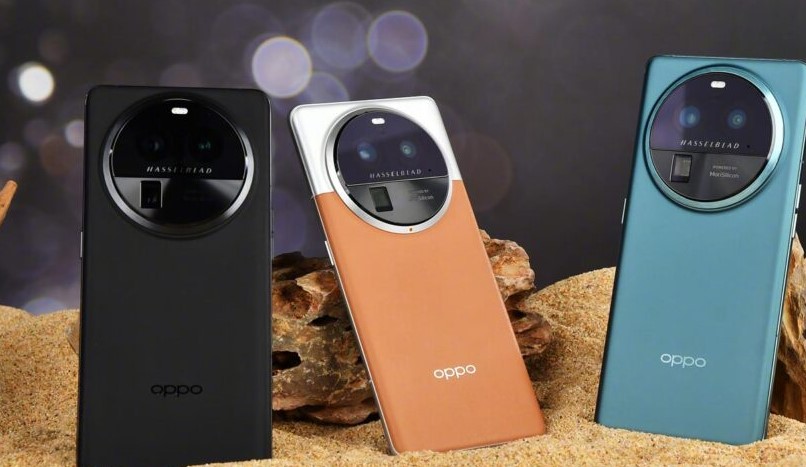Oppo is eyeing green data centres to raise awareness about environmental protection with its first self-built centre, OPPO AndesBrain (Binhaiwan Bay) IDC, which integrates infrastructure and business innovations to reduce carbon emissions.
This comes when the firm seeks to achieve carbon neutrality by 2050 across its operations.
‘’This year’s theme is to Invest in our planet, and our aligned mission is Technology for Mankind, Kindness for the world,’’ Oppo said in a statement.
Besides utilizing 100 per cent renewable energy, the centre adopts cutting-edge, low-carbon technologies to improve energy efficiency and reduce carbon emissions.
‘’A key breakthrough of this exploration is the research and implementation of immersion cooling technology for Graphics Processing Unit (GPU) server clusters,’’ added the statement.
According to estimates, the world's data centres currently use up to 3% of the electricity produced globally. Cooling systems are one of the main causes of this consumption because they use a lot of energy.
In the industry, finding effective heat dissipation techniques has long been difficult.
Mechanical cooling methods used in traditional data centres frequently include fans and air conditioners, which use more energy and produce more carbon dioxide.
OPPO uses innovative immersion cooling technology for GPU server clusters to increase energy efficiency and reduce carbon emissions.
Thus the method of heat removal involves immersing servers directly in a non-conductive liquid, thus eliminating the need for active cooling from fans and air conditioners.
The heated liquid circulates, cools, and returns to continue absorbing the heat.
The reclaimed heat can then be repurposed in other areas, such as heating in the dormitory and hot water provision, substantially increasing energy efficiency.
Introducing immersion cooling technology leads to a 45 per cent improvement in energy efficiency and an industry-leading data centre power usage efficiency (PUE) as low as 1.15.












